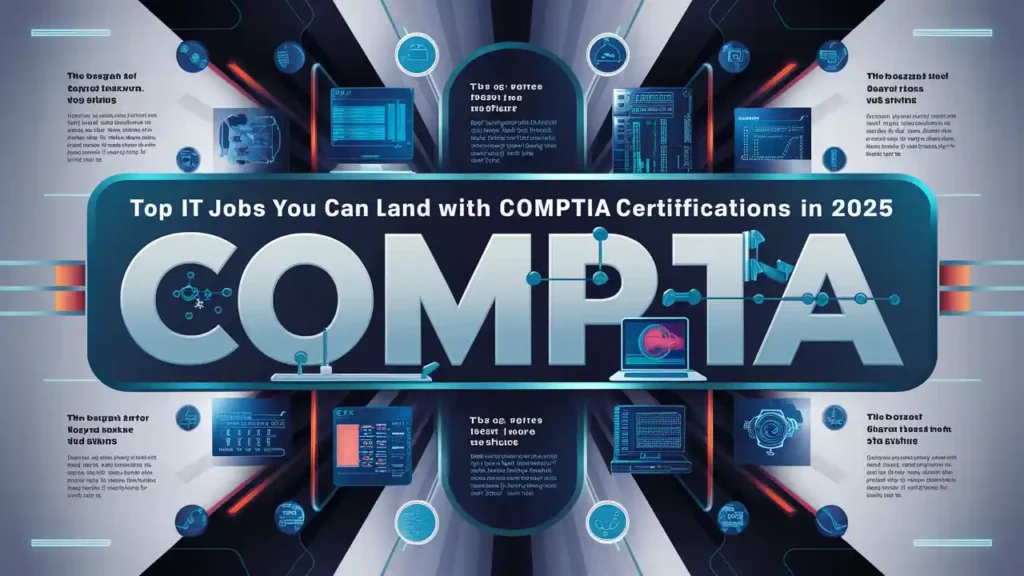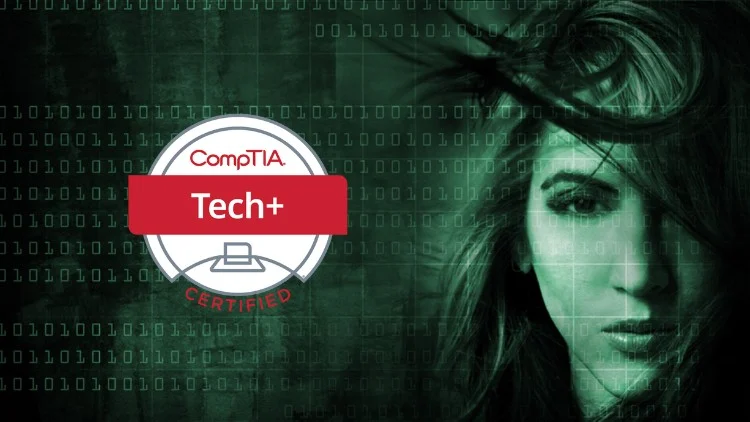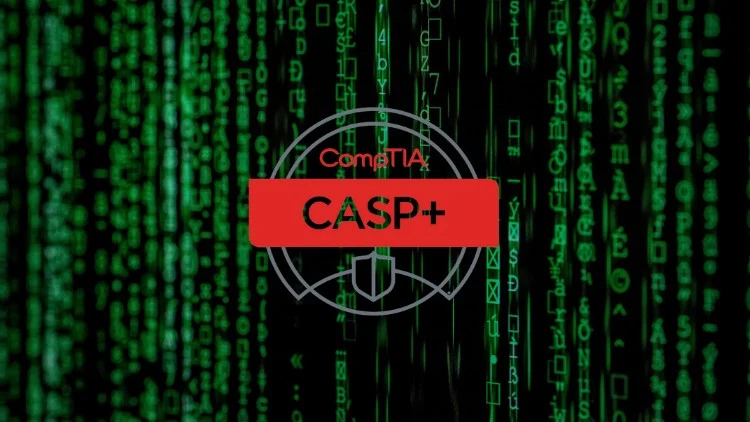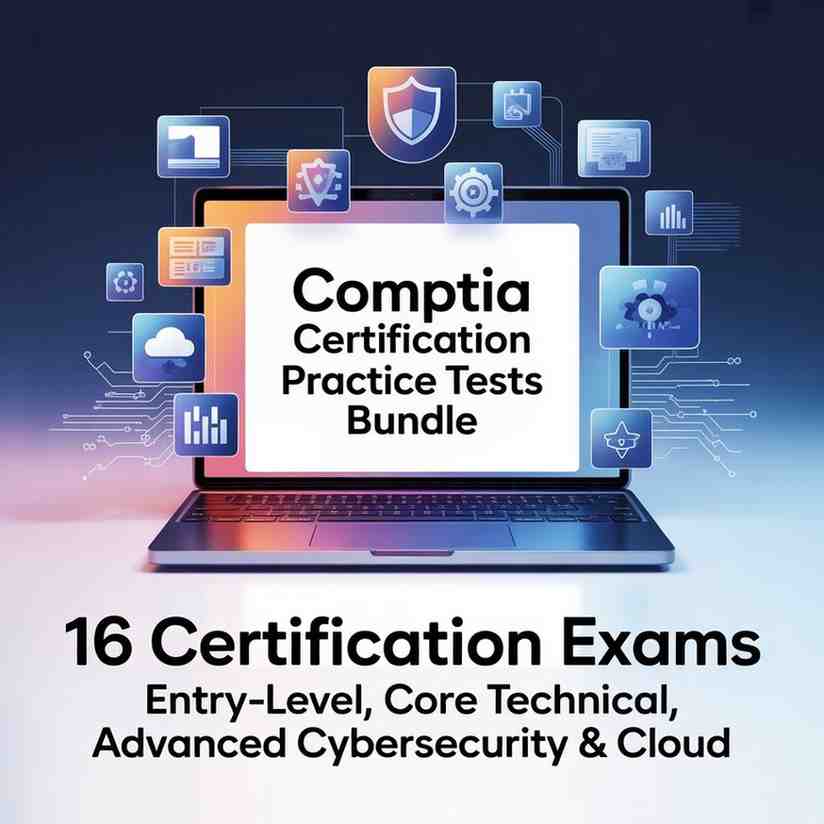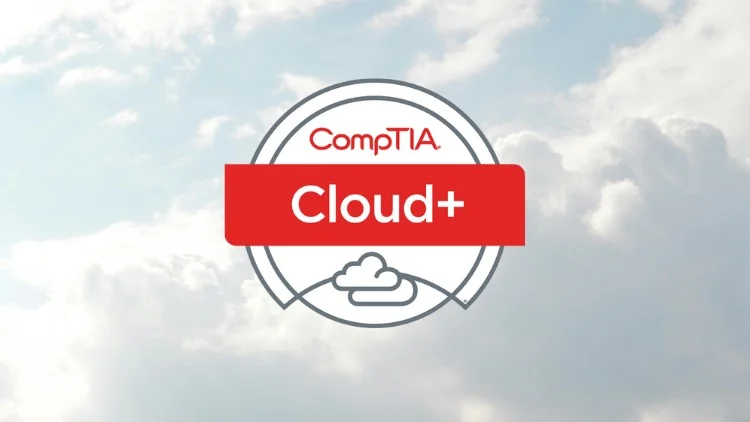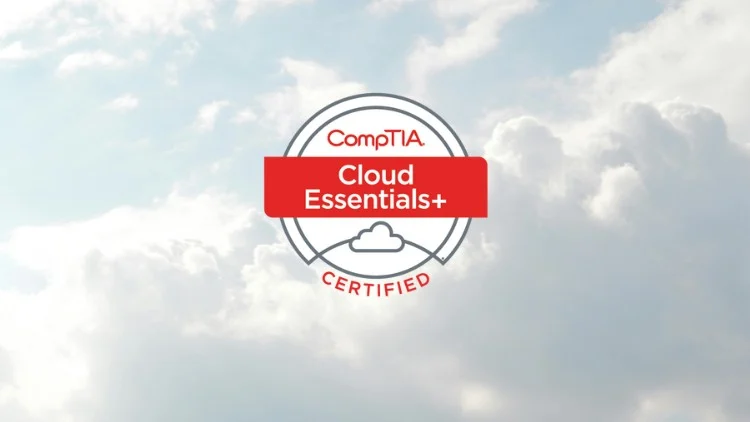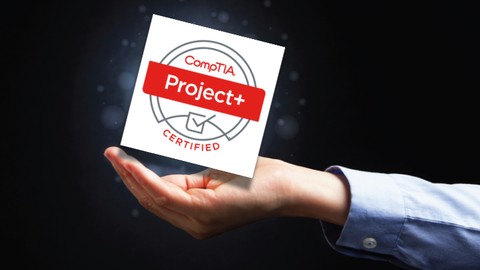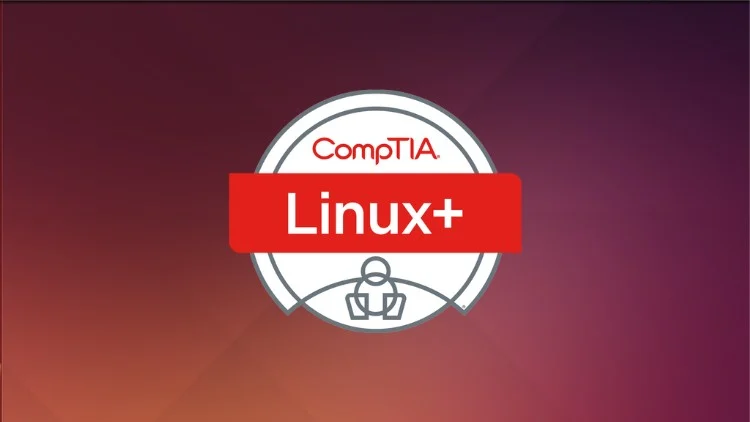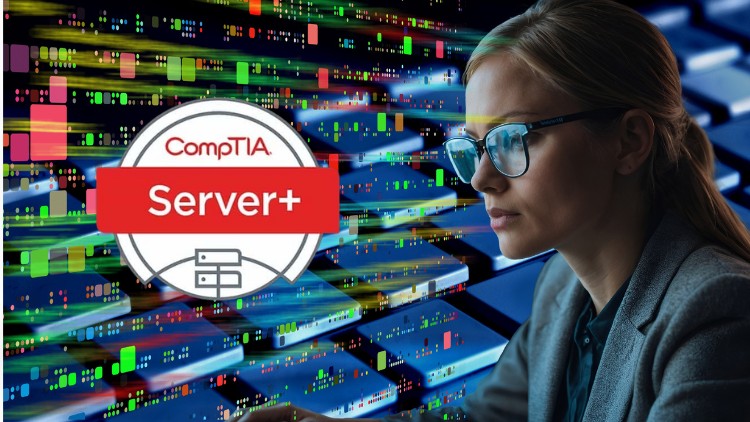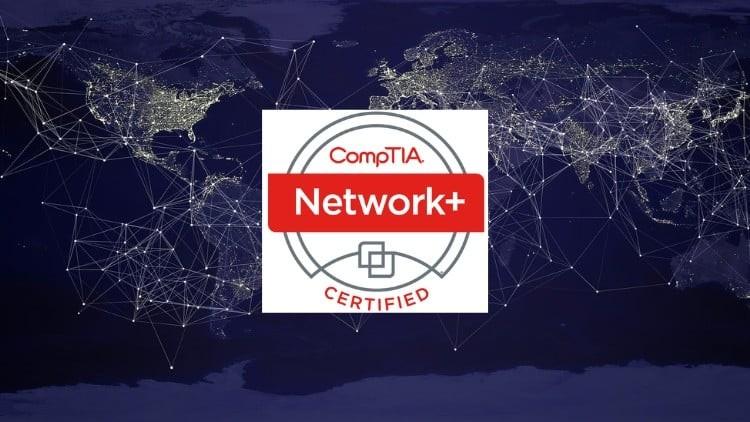Introduction
The tech industry continues to expand at breakneck speed, with businesses relying on cutting-edge technology to streamline operations and drive innovation. Amid the fierce competition for skilled IT talent, CompTIA certifications have become a gold standard for professionals aiming to prove their expertise and boost their resumes.
Whether you’re an aspiring IT pro or a seasoned tech veteran, choosing the right certifications can shape your career path and open doors to lucrative, growth-oriented roles. In 2025, the value of CompTIA Certifications—including A+, Network+, and Security+—remains high, as employers seek validated skill sets across a range of specializations, from help-desk troubleshooting to advanced network security.
This comprehensive guide explores top IT jobs you can land with CompTIA certifications in 2025, detailing entry-level and advanced career opportunities. We’ll also discuss how these credentials can enhance your job prospects, what roles require them, and how to align your certification path with your professional goals.
Why CompTIA Certifications Matter for IT Careers in 2025
Technology is evolving faster than ever, fueling the demand for qualified professionals who can install, configure, secure, and troubleshoot complex IT systems. Employers often include certifications as part of their job requirements because certifications:
- Validate Technical Skills:
CompTIA credentials verify your mastery of essential industry standards and best practices. This signals to employers that you have the necessary knowledge to perform effectively. - Offer Vendor-Neutral Coverage:
Unlike specialized certificates (such as Microsoft or Cisco), CompTIA focuses on vendor-agnostic skill sets. This flexibility suits diverse IT environments and broadens your marketability. - Open Up Career Pathways:
CompTIA A+ is known as a global standard for IT certification jobs at the entry level, while advanced credentials like Network+ and Security+ pave the way for specialized network or cybersecurity roles. - Demonstrate Dedication to Professional Development:
Pursuing certification shows that you’re committed to continuous learning—an attractive trait for employers looking to invest in long-term team members. - Remain in High Demand:
As new technologies emerge (cloud computing, IoT, AI-driven security), the underlying fundamentals remain relevant. CompTIA certifications reflect these evolving requirements, staying current and valuable in the marketplace.
CompTIA Certification Paths
1. CompTIA A+
Often described as the “starting point for IT careers,” CompTIA A+ covers foundational topics like hardware, software, troubleshooting, and basic networking. It’s perfect for job seekers aiming for entry-level roles, such as help-desk technician or junior IT support specialist.
Key Skills Validated:
- Installing and configuring PC hardware and peripherals
- Understanding operating systems (Windows, macOS, Linux basics)
- Basic security, networking, and troubleshooting techniques
2. CompTIA Network+
CompTIA Network+ delves into the nuts and bolts of networking—LANs, WANs, routing, and critical network troubleshooting. It is often the next step after A+ for aspiring network administrators or anyone looking to bolster their system or cloud administration credentials.
Key Skills Validated:
- Network design, implementation, and management
- Virtualization and cloud concepts
- Network security, protocols, and topology
3. CompTIA Security+
Cybersecurity threats continue to dominate headlines, underscoring the demand for Security+ certified professionals. This certification tests knowledge in basic cybersecurity concepts, risk management, threat analysis, and cryptographic solutions, making it ideal for network administrators and security analysts alike.
Key Skills Validated:
- Threat identification and mitigation
- Cryptography and access management
- Risk management and incident response
4. CompTIA Advanced and Specialty Certifications
CompTIA also offers specialized credentials such as Server+, Cloud+, Cybersecurity Analyst (CySA+), PenTest+, and CASP+ (CompTIA Advanced Security Practitioner). These advanced certifications cater to professionals looking to specialize in fields like server administration, cloud infrastructure, penetration testing, or advanced security architecture.
Examples:
- Server+: Focuses on hardware and software server installation, configuration, and troubleshooting
- Cloud+: Concentrates on cloud deployment, administration, and security
- CySA+: Targets threat detection and response skills, bridging the gap between Security+ and CASP+
- PenTest+: Tests penetration testing and vulnerability assessment capabilities
- CASP+: Validates advanced-level security architecture and engineering competencies
Top IT Jobs Available with CompTIA Certifications in 2025
In 2025, the tech landscape demands professionals who can tackle both routine and advanced IT challenges. Here’s a breakdown of high-demand IT roles aligned with specific CompTIA certifications.
1. Best Entry-Level Jobs for CompTIA A+ Certified Professionals
- Help Desk Technician:
- Role: Handling software/hardware support queries, troubleshooting, and resolution.
- Typical Responsibilities: Remote assistance, ticketing system management, and basic device setup.
- Career Path: Build your foundation in practical IT support, eventually moving into more specialized roles (like network or security).
- Field Service Technician:
- Role: On-site hardware diagnostics, system installations, and basic network configurations.
- Typical Responsibilities: Replacing hardware components, configuring OS updates, ensuring device security compliance.
- Career Path: Develop deeper hardware knowledge and transition into advanced support or project management.
- Junior IT Support Specialist:
- Role: Entry-level tech support for an organization’s employees, covering password resets, device configurations, etc.
- Typical Responsibilities: Updating software, maintaining hardware inventory, documenting solutions.
- Career Path: Transition to system administration or specialized fields like DevOps, given a strong basis in OS and hardware.
2. Career Paths for CompTIA Network+ Certified Individuals
- Network Administrator:
- Role: Oversee LAN/WAN connections, configure routers, and manage network performance.
- Typical Responsibilities: Monitoring network traffic, implementing upgrades, troubleshooting connectivity issues.
- Career Path: Possible move into advanced networking (Cisco CCNA, Juniper), cloud networking, or security engineering.
- Network Support Specialist:
- Role: Supporting infrastructure changes, managing user access, diagnosing advanced network faults.
- Typical Responsibilities: Firewall configurations, VLAN setups, Wi-Fi management.
- Career Path: You might level up to become a network engineer or cloud architect, especially if you add further specialized certs like Cloud+.
- Data Center Technician:
- Role: Handling physical and virtual server deployments, rack management, power and cooling oversight.
- Typical Responsibilities: Network cable patching, basic virtualization, ensuring minimal downtime.
- Career Path: Shift into data center administration or virtualization engineering with advanced study in cloud or server certs (Server+, Cloud+).
3. High-Demand IT Roles You Can Pursue with CompTIA Security+
- Security Analyst:
- Role: Identifying vulnerabilities, analyzing threat intelligence, and responding to incidents.
- Typical Responsibilities: Monitoring SIEM systems, creating security policies, performing regular audits.
- Career Path: Specialize further by pursuing CySA+, PenTest+, or other advanced security credentials.
- Junior Cybersecurity Specialist:
- Role: Implementing fundamental security measures, managing firewall rules, ensuring compliance with frameworks (e.g., ISO, NIST).
- Typical Responsibilities: Conducting vulnerability scans, supporting senior analysts in threat detection, incident response documentation.
- Career Path: Grow into roles like cybersecurity consultant, threat hunter, or security engineer.
- Systems Administrator with Security Focus:
- Role: Managing servers and networks while maintaining robust security postures.
- Typical Responsibilities: Hardening OS, setting up encryption, routine security audits.
- Career Path: Evolve into more advanced security engineering or operations roles, especially with supplemental certifications like CASP+ or vendor-specific cloud security credentials.
4. Specialized Roles for Advanced CompTIA Certifications
While A+, Network+, and Security+ form the “core” trifecta, advanced certifications like PenTest+, CySA+, Server+, or Cloud+ can catapult your career toward specialized roles.
Possible Roles:
- Penetration Tester (PenTest+):
- Conduct ethical hacking, identify vulnerabilities before malicious actors exploit them.
- Cybersecurity Analyst (CySA+):
- Focuses on threat intelligence, behavior analytics, and incident response.
- Server Administrator (Server+):
- Manages data center operations, storage solutions, enterprise server performance.
- Cloud Architect/Engineer (Cloud+):
- Designs and maintains cloud infrastructure, containerization strategies, and cost optimization.
How CompTIA Certifications Enhance Your Job Prospects
- Immediate Credibility: Hiring managers often scan for certifications in CVs and LinkedIn profiles. A recognized credential like A+ or Security+ can set you apart from uncertified applicants.
- Industry-Wide Applicability: Because CompTIA credentials are vendor-neutral, you can work across various technology stacks—Windows, Linux, Cisco, AWS, or Azure—without being restricted to a single vendor ecosystem.
- Faster Promotions and Higher Salary Potential: Many organizations tie certification achievements to raises or internal promotions. Certified employees often command higher wages than non-certified peers, reflecting the specialized skills they bring to the table.
- Continuous Learning Culture: By earning one certification, you often unlock pathways to advanced certs, ensuring you stay updated with evolving IT trends.
Which IT Roles Require CompTIA Network+ or Security+ Certifications?
- Help Desk Manager: Overseeing Level 2 or 3 support often mandates advanced networking and security knowledge, making Network+ or Security+ a preferred requirement.
- Systems Engineer: Might handle virtualization, domain control, and complex integration of security tools, leaning on a mix of networking and security skills.
- Cloud Security Administrator: Balances knowledge of cloud architecture (AWS, Azure) with threat management, so Network+ and Security+ are stepping stones before focusing on Cloud+ or specialized security certs.
While some companies list these certifications as “preferred” or “nice-to-have,” in 2025 more roles explicitly include them in job requirements, reflecting the growing emphasis on secure, robust IT operations.
Benefits of Earning a CompTIA Certification for Your Career
- Established Industry Respect: Employers trust CompTIA’s curriculum, as it’s regularly updated to align with real-world requirements.
- Path to Advanced Specializations: A strong base in A+ or Network+ simplifies your pursuit of advanced credentials like CySA+ or PenTest+.
- Portable Skill Set: A vendor-neutral approach ensures you can work in any environment—cloud-based startups, big enterprise, government, or non-profit.
- Enhanced Job Stability: The IT sector can be volatile, but certifications in fundamental areas like support, networking, or security often make you indispensable to an organization.
- Structured Learning Experience: Studying for CompTIA certifications clarifies knowledge gaps and helps you learn systematically, beyond just “on-the-job” training.
What Jobs Can I Get with a CompTIA A+ Certification?
CompTIA A+ remains a hallmark of readiness for entry-level IT jobs, so if you’re asking, “What jobs can I get with a CompTIA A+ certification?” consider:
- Help Desk Technician: Solve user-level device issues, handle OS reinstalls, manage basic security patches.
- IT Support Specialist: Support corporate or small business IT environments, maintain user accounts, troubleshoot hardware failures.
- Technical Support Representative: Provide phone or chat-based assistance for consumer electronics or enterprise software.
- Desktop Support Administrator: Handle advanced OS configurations, hardware rollouts, and coordinate service tickets.
Given its status as a foundation certification, A+ holders often combine it with Network+ or Security+ to access mid-tier roles more quickly.
How Does CompTIA Certification Impact Job Opportunities in 2025?
As technology evolves—incorporating 5G networks, widespread IoT adoption, and advanced AI operations—CompTIA certifications adapt to these shifts, ensuring the skill sets remain relevant. In 2025, more hiring managers will:
- Prioritize Security Skills: As remote work persists, businesses face new threats. Roles requiring Security+ or CySA+ expand rapidly, especially in finance, healthcare, and government.
- Emphasize Cloud Competencies: Cloud migration remains a strong trend, so Network+ combined with Cloud+ gains traction. This synergy qualifies professionals for roles in architecture, deployment, or DevOps.
- Value Broad Technical Know-How: A+ holders might quickly pivot to specialized tasks, as fundamental knowledge of hardware, OS, and security is essential for next-level certifications or cross-functional IT support roles.
For job seekers, a combination of foundational certifications (A+, Network+) and advanced certifications (Security+, Cloud+, etc.) typically results in robust, future-proof skill sets.
What Are the Best CompTIA Certifications for Entry-Level IT Jobs?
- CompTIA A+: Considered the prime starting point for hardware, software, and basic troubleshooting.
- CompTIA Network+: Ideal second step focusing on networking fundamentals—switches, routers, Wi-Fi, and security best practices.
- CompTIA Security+: Although not always deemed “entry-level,” it’s an excellent early-career move if you’re aiming for cybersecurity roles.
For those with specific interests, CompTIA IT Fundamentals (ITF+) could be an optional precursor, especially for individuals entirely new to technology.
Tips for Success: Mapping Your CompTIA Certification to Your Dream IT Role
- Identify Your Interest:
- Do you enjoy troubleshooting hardware or exploring cybersecurity vulnerabilities? Tailor your certification path to your passion.
- Plan Incrementally:
- Earn A+ if you’re starting from scratch. Then consider Network+, followed by Security+ for security-focused roles.
- Supplement with Real-World Experience:
- Certifications matter, but practical experience cements your knowledge. Look for internships, volunteer positions, or lab setups.
- Leverage Online Communities:
- Reddit’s r/CompTIA and professional LinkedIn groups provide study tips, exam strategies, and job leads.
- Keep Learning:
- Technology never stands still. Maintain your certifications with continuing education and consider advanced or specialty certs as your career progresses.
Conclusion
In 2025, CompTIA certifications remain crucial credentials for breaking into—and thriving in—the IT industry. A+ unlocks best entry-level IT jobs, Network+ paves the way for network administration, and Security+ opens up in-demand cybersecurity roles. Additionally, specialized certifications (like Server+, Cloud+, and advanced security paths) allow you to carve out a high-paying niche in tech’s fastest-growing fields.
By aligning your certification journey with your ideal job role, you not only become more marketable but also ensure your career remains vibrant and adaptable in an ever-evolving tech landscape. Whether you’re eyeing a position as a help-desk associate, a system admin, a security analyst, or a cloud architect, CompTIA provides a structured roadmap to achieve your goals. To strengthen your preparation, explore Gururo’s CompTIA practice tests, designed to enhance your readiness and confidence for the certification exams. Keep your skills sharp, network with like-minded professionals, and continue to build your expertise—your next big opportunity could be just one certification away.
Disclaimer: Ensure you check CompTIA’s official website and potential employers’ requirements for the latest updates on exam objectives, recommended experience, and job specifications.

